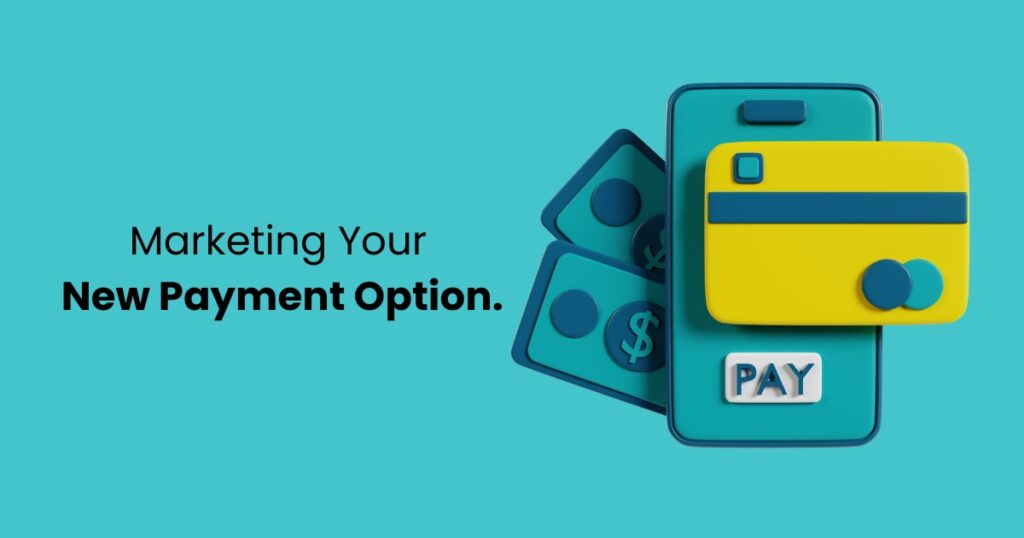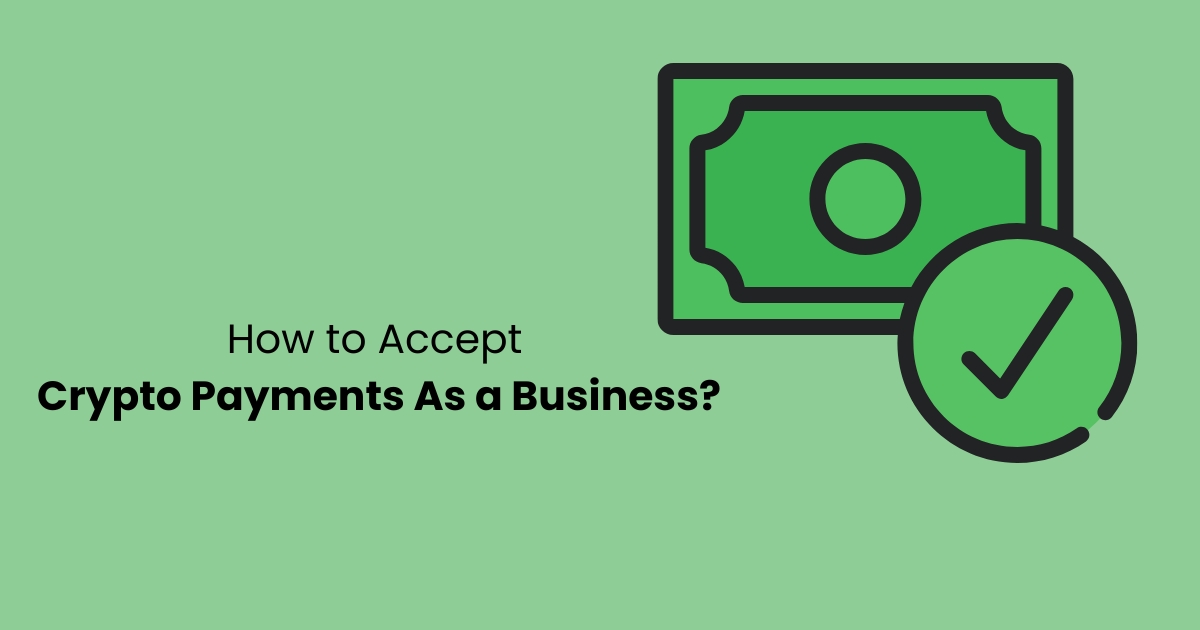Over the last few years, cryptocurrency has gone from being an obscure digital asset to a popular financial instrument. Such acceptance of digital money for making payments in the form of cryptocurrencies like Bitcoin, Ethereum and stable coins is gaining mainstream adoption as it proves to be quite beneficial with businesses. If you’re a business owner who wants to make your payment options accessible, widespread and begin attracting new customers, it may be wise for cryptocurrency payments. This post covers the process of cryptocurrency setup in online business and tells you how to act to comply with Google + AdSense.
Knowing Why Accepting Crypto Payments Can Work For You.
Why Accepting Crypto Payments Can Be Good for Your BusinessBefore we jump into the technical, let’s discuss why accepting crypto payments can be beneficial for your business. At the most basic level, cryptocurrencies can give individuals a decentralized payment system which could potentially lower fees when compared to traditional credit card payments. This is especially attractive to low-margin business and penny-pinched industries.
Cryptocurrencies also offer a solution to global payments. Cryptocurrencies can be sent or received anywhere in the world without any no exchange rates, bank fees. This in turn facilitates businesses to leverage global markets and target the users who are comfortable with or dealing only with digital money transactions.
Secondly, the mere fact that you accept crypto can improve your reputation in one way or another only because it makes you look forward to moving and innovating. Cryptocurrencies are an emerging trend and businesses that adopt this currency may seem more up-to-date, along with appearing to cater better for the future generations who tend to have a higher usage of digital assets.
At the bottom, you have the legal and regulatory considerations.
The legal and regulatory considerations before accepting crypto payments Since cryptocurrencies are regulated in different ways depending on the jurisdiction, it is important to accept their regulation and comply with local laws. For example, the IRS in the U.S. classifies cryptocurrency as property so even something as simple as buying a cup of coffee could be seen differently through tax lenses if you’re using your crypto to pay for it.
For tax reporting, businesses must maintain a complete record of all crypto transactions. You also need to know the anti-money laundering (AML) or KYC procedure and regulation, for example a business may have to verify who sends hundreds of crypto transfers.
Speaking with a lawyer or an accountant that understands cryptocurrency can help you stay in compliance and keep your business safe from penalties. This step is essentially important for you to escape potential legal traps and have a seamless business journey.
I am selecting the right Cryptocurrency to accept.
The next step after having decided upon the legal facet is in determining what kind of cryptocurrencies will be accepted. Being the most well-known and widely used one, Bitcoin presents itself as a logical first choice for businesses looking to get started with accepting digital payments. However, there are a host of others like Ethereum (ETH), Litecoin (LTC) and stablecoins such as USDC or USDt that have their specific uses too.
Businesses, in particular, find stablecoins attractive since these are usually pegged to a more stable asset like the US dollar and have lower volatility than other cryptocurrencies. While accepting different cryptocurrencies can widen your market, you should adjust accordingly to the demand of your customer base.

Preparing a Cryptocurrency Wallet.
In order to receive payments in crypto, you should have a digital wallet as a business person. A digital wallet is a software that stores the public and private keys to send or receive cryptocurrency. Some examples of wallets are hot wallets (online) and cold wallets(offline).
As hot wallets are connected to the internet, they provide a more instant access to funds which is required for everyday transactions. Yet, they are sensitive to privacy and hacking issues as well. However, cold wallets are those not connected to the internet and thus a more secure way of keeping excess cryptocurrency.
Using both hot and cold wallets is a good strategy for the majority of businesses. Hot wallets for daily transactions, and cold wallets to store most of your funds safely. This type of wallet might be something you use in conjunction with another one (for example, a Ledger Live Wallet app that tracks your hardware Ledger; MyEtherWallet which is an online service to keep track of coins purchased through ICO’s).
Integration of a Payment Processor.
Many companies are using a cryptocurrency payment processor to simplify the process of accepting crypto payments. These processors are a middleman that takes the cryptocurrency payment and turns it into fiat currency (like USD or EUR) depositing directly into your business’s bank account. That can take some of the issue with volatility, which is common to most ( all ) cryptocurrencies and also clear up accounting issues.
BitPay, CoinGate,Coinbase Commerce — popular cryptocurrency payment processors These platforms integrate smoothly with several e-commerce solutions such as Shopify, WooCommerce and Magento that enable businesses to easily process crypto payments. They even offer an invoicing, payment tracking and customer support suite.
Go for one depending on the fees, supported currencies and how good is customer service of any payment processor. A percentage of the payment is taken by some processors while others charge a flat fee per transaction. A processor needs to be tailored well with the requirements of your business model and you must choose one accordingly.
How Can You Configure Crypto Payments on Your Site?
After you have an idea which payment processor to use, the logical next step is to start accepting cryptocurrencies on your website or point-of-sale unit. If you are already accepting payments, chances are the payment processor you have accounts with has plugins or can be integrated via their Restful API. This makes it a way in which, during the checkout process, customers can have an option for paying with cryptocurrency.
QR codes is a way to accept payments in crypto for businesses that use brick-and-mortar stores. That QR code can be scanned with the mobile wallet of customers to finish up the transaction. Customers may be in the dark about how to proceed, especially if they are unfamiliar with buying and selling digital currency.
To promote the utilization of crypto payments, offer a discount or some sort of incentive to your customers who opt for payment in digital currency. This can be useful for adoption purposes and to get your crypto payment option more noticed.

Marketing Your New Payment Option.
After you enable your business to make payments with crypto, it is time to take a strong position; after offering your new payment option, you will need to market it as well in order for customers who might want to use cryptocurrency to be aware. First, you can update your website and online store with information about how to make payments via crypto. You can blog, run social media campaigns, or email newsletters to inform you of existing customers.
You can also bring some visibility to your business by listing it on directories that are dedicated only to crypto-friendly merchants. By letting users seek out businesses that accept cryptocurrency (CoinMap, Spendabit), it becomes easier for crypto enthusiasts to locate and purchase at your business by choice.
You can also participate in discussion boards with the online cryptos community. Engage on forums, social media groups and online communities where your potential consumers might hang out. By establishing a presence in these places, you can begin to reach more people and illustrate that your company is an authority on crypto.
Managing Risks and Challenges.
Although opting for payment via cryptocurrency comes with plenty of advantages, it is also essential to understand the risks and shortcomings. The price volatility of cryptocurrencies is also a big worry. Because the volatility of cryptocurrencies is often quite large. At times, this can affect your revenue greatly if you keep crypto and not convert it to fiat-supported currency right away.
As a result, most businesses that accept cryptocurrency payments will immediately convert the coins into fiat currency. Most payment processors handle this automatically. Furthermore, keeping up with market insights and events in the world of cryptocurrency can better inform your decisions to either hold or convert your crypto assets.
The next challenge is the dear customers of ours. There will be a learning curve as cryptocurrency is still new to most people, and customers can sometimes cause problems or make incorrect payments. Clear instructions, FAQs and customer support are other ways to think about these challenge elements for a better experience.
Conclusion.
Cryptocurrency payment acceptance is a thrilling prospect for technology-forward and growth-minded businesses. Learn how to add crypto payments to your business strategy by reading about the benefits, legal and technical aspects. Leveraged correctly alongside marketing initiatives, you could open your business up to a new market and become an innovator in the space.
As digital cryptocurrencies gain in popularity, the ability to easily and seamlessly accept different types of payments will be critical. For both small businesses and large enterprises, accepting BTC payments means unlocking pathways to success in an ever-changing digital economy.

